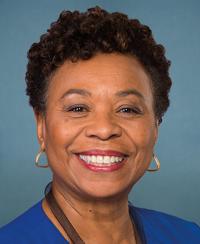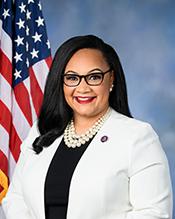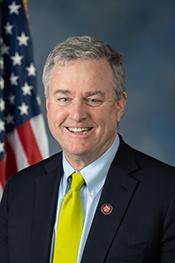0
Supporting the goals of World AIDS Day.
3/8/2024, 8:15 AM
Summary of Bill HRES 904
The resolution highlights the progress that has been made in the fight against HIV/AIDS, including advancements in medical research, increased access to treatment and care, and efforts to reduce stigma and discrimination. It also acknowledges the challenges that still exist, such as the need for continued funding for research and treatment, as well as the importance of addressing disparities in access to care.
The resolution calls on the US government to continue its support for global efforts to combat HIV/AIDS, including funding for the President's Emergency Plan for AIDS Relief (PEPFAR) and the Global Fund to Fight AIDS, Tuberculosis, and Malaria. It also encourages individuals and communities to educate themselves about HIV/AIDS, get tested, and support those living with the disease. Overall, Bill 118 HRES 904 is a non-partisan resolution that aims to raise awareness about the ongoing HIV/AIDS epidemic and support the goals of World AIDS Day. It emphasizes the importance of continued efforts to combat the disease and support those affected by it, both in the US and around the world.
Congressional Summary of HRES 904
This resolution encourages people around the world to work to achieve the goal of zero new HIV transmissions, zero discrimination, and zero AIDS-related deaths, in order to end the HIV epidemic in the United States and around the world by 2030.
The resolution supports continued funding for prevention, care and treatment services, and research programs for communities impacted by HIV and people living with HIV in the United States and globally.
The resolution supports continued leadership by the United States in domestic, bilateral, multilateral, and private sector efforts to fight HIV.
Finally, the resolution urges other members of the international community to sustain and scale up their support for and financial contributions to efforts around the world to combat HIV.





